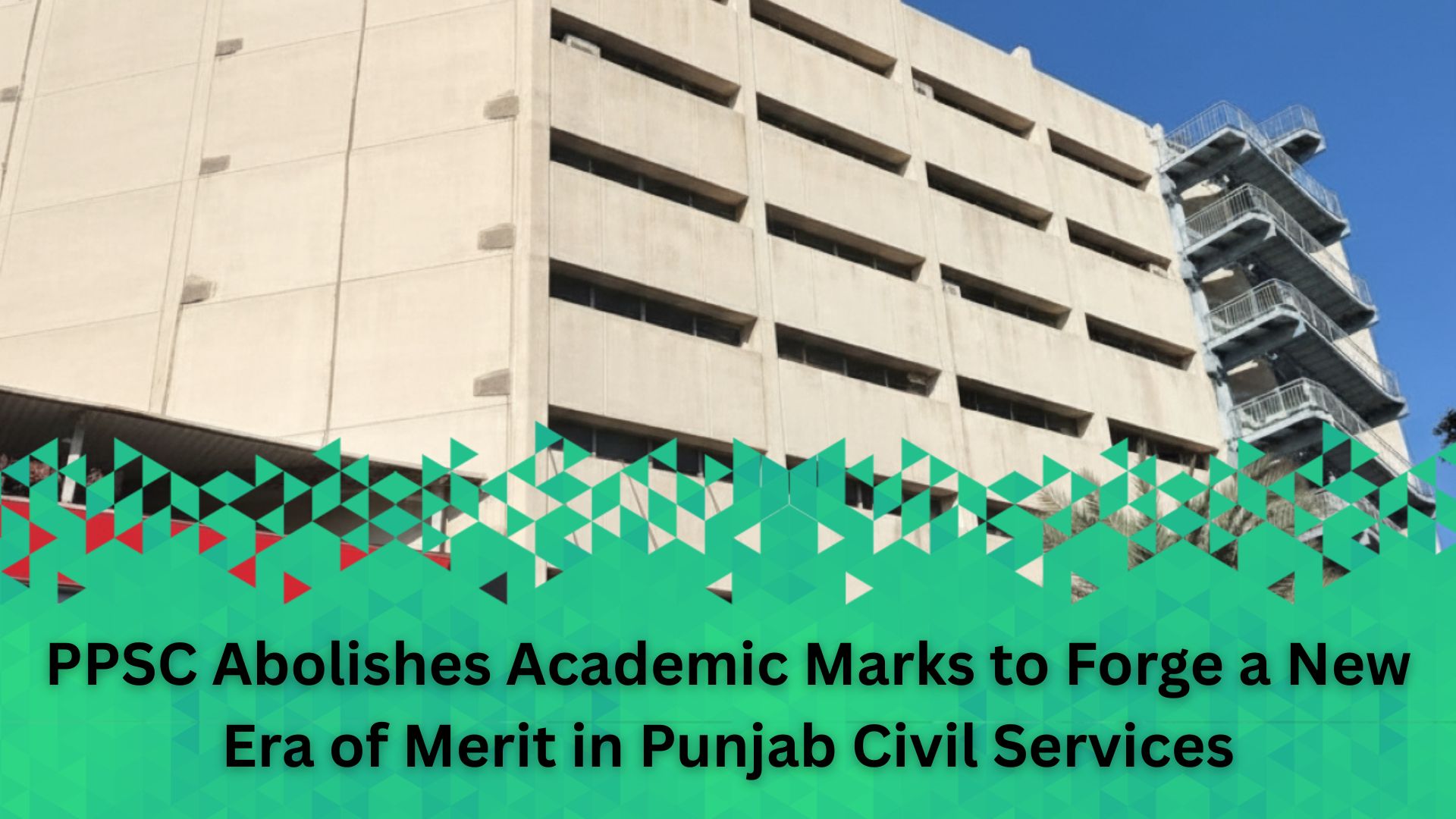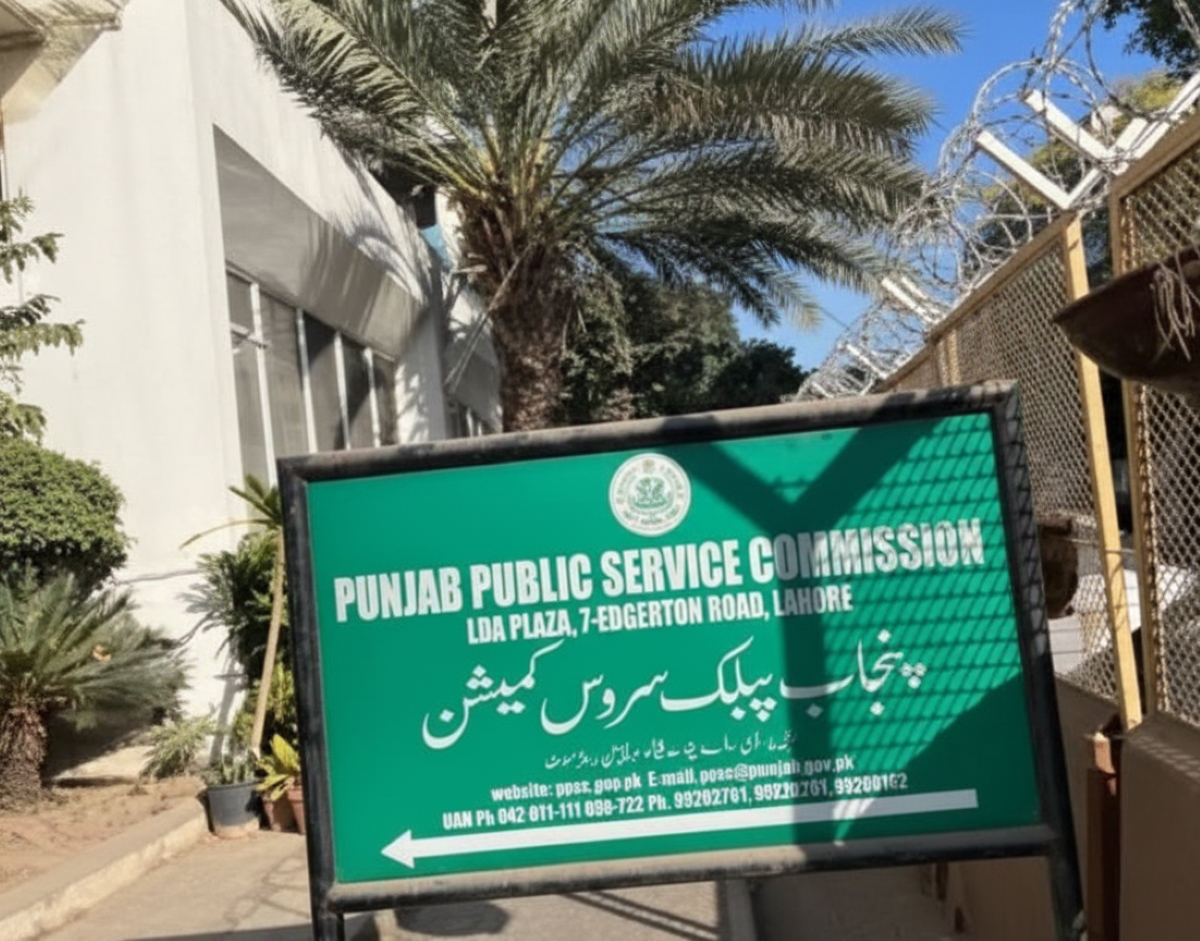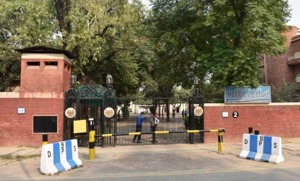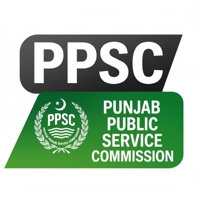
PPSC Abolishes Academic Marks to Forge a New Era of Merit in Punjab Civil Services
In a historic move aimed at restoring public trust and ensuring absolute fairness, the Punjab Public Service Commission (PPSC) has decided to remove academic marks from the final merit calculation for its civil service examinations. This transformative policy, set to take effect on January 1, 2026 , has been hailed as one of the most significant reforms in the commission's history.
A Paradigm Shift in Recruitment
The PPSC, the premier recruiting body for the state's civil services, announced the decision after extensive deliberation. Under the new framework, a candidate's final ranking will be determined exclusively by their performance in the written examination and the interview. This marks a radical departure from the long-standing practice of adding marks from a candidate's undergraduate and postgraduate degrees to their competitive exam score to create a composite merit list. You can also views PPSC Latest Jobs 2025 .
The move is designed to address long-standing criticisms about the inherent inequities in evaluating candidates from vastly different educational backgrounds and university grading systems.
Addressing a Systemic Flaw: The End of the Grading Disparity
For decades, aspirants have voiced concerns that the inclusion of academic marks created an unlevel playing field. A candidate with a first-class degree from a university known for stringent grading could be at a disadvantage compared to a peer with a similar degree from an institution with a more liberal marking policy.
"This bold step by the PPSC will ensure that candidates are evaluated purely on their competence, subject knowledge, and analytical ability, rather than on academic variations that are often beyond their control," commented a senior civil servant who wished to remain anonymous. "It places the entire focus on the here-and-now of the competitive process."
Educationists have strongly endorsed this view. A Professor of Sociology at a leading Punjab university, stated, "This reform acknowledges a fundamental truth: university grades are not a standardized metric. They are influenced by a multitude of factors, including institutional resources, faculty expertise, and local evaluation patterns. By decoupling these from the PPSC's rigorous selection process, the commission is aligning itself with international standards of fair and transparent recruitment."
Widespread Acclaim from Stakeholders
The decision has been met with widespread applause from a broad spectrum of stakeholders, including former PPSC members, serving bureaucrats, and professionals.
A former member of the Commission described it as a "progressive and reformative measure" that he had long advocated for. "This is a turning point," he said. "It demonstrates a clear commitment to institutional improvement and modern governance. The integrity of the selection process is paramount, and this move fortifies it."
Prominent professionals from outside the civil service arena have also voiced their support. Dr. Amanpreet Singh, a renowned medical practitioner from Ludhiana, said, "As a professional, I believe in meritocracy. This decision is a landmark one. It will help tap into the true potential of candidates, focusing on their current capabilities and intelligence rather than their past academic scores, which may not always be a true reflection of their aptitude for public administration."
The New Roadmap: Merit Based Solely on Examination Performance
With the implementation date set for January 2026, the new policy provides a clear runway for future aspirants to strategize their preparation. You can also view Latest Final Merit List 2025 .
-
Final Merit Calculation: The final selection list will be compiled using only the marks obtained in the written (main) examination and the personality test (interview).
-
Focus on Relevant Skills: This shift emphasizes a candidate's comprehension of the syllabus, current affairs, critical thinking, and interpersonal skills—attributes directly relevant to a career in public service.
-
A Truly Level Playing Field: Candidates from all academic streams—whether they hold degrees in Arts, Science, Commerce, Engineering, or Medicine—will now compete on an identical footing, with no candidate receiving an automatic advantage based on their university transcript.

A Turning Point for Transparency and Public Trust
Observers and policy analysts are describing this initiative as a watershed moment for the PPSC. In an era where the credibility of public institutions is constantly under scrutiny, this proactive reform is seen as a powerful statement.
"It sends an unequivocal message to the youth of Punjab: your success depends on your performance in a transparent, standardized test, and nothing else," said a Chandigarh-based policy analyst. "This will undoubtedly strengthen public trust in the PPSC's merit-based selection process and attract a wider, more diverse pool of talent to the civil services. It rewards current effort over past performance in an unrelated context."
The PPSC's decision to abolish academic marks is more than just a procedural change; it is a philosophical recommitment to the core principle of merit. By eliminating a variable fraught with inconsistency, the commission is paving the way for a more robust, equitable, and transparent recruitment system. As the 2026 implementation deadline approaches, this reform is poised to redefine the landscape of civil service in Punjab, ensuring that the future stewards of the state are selected solely on their ability to think, analyze, and lead.












